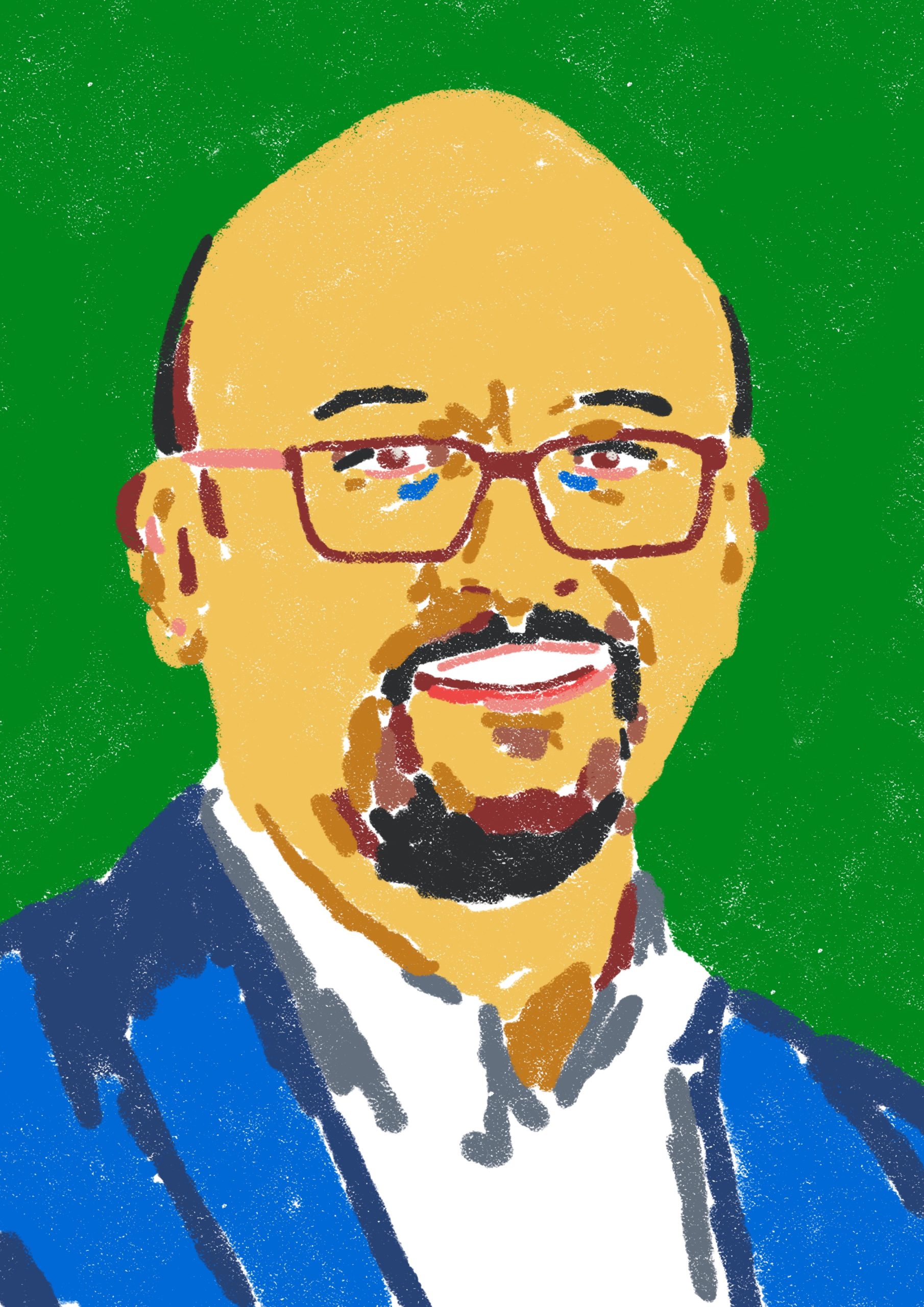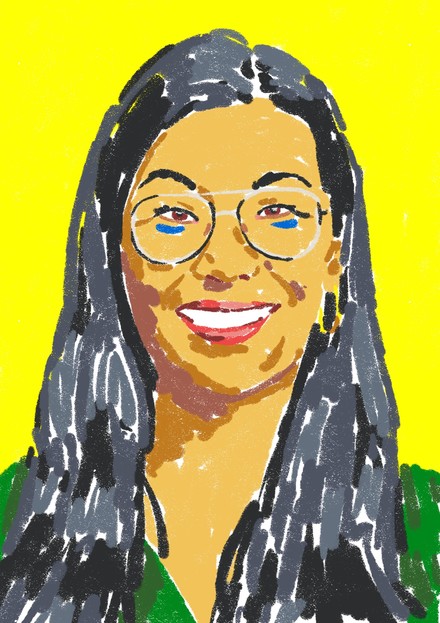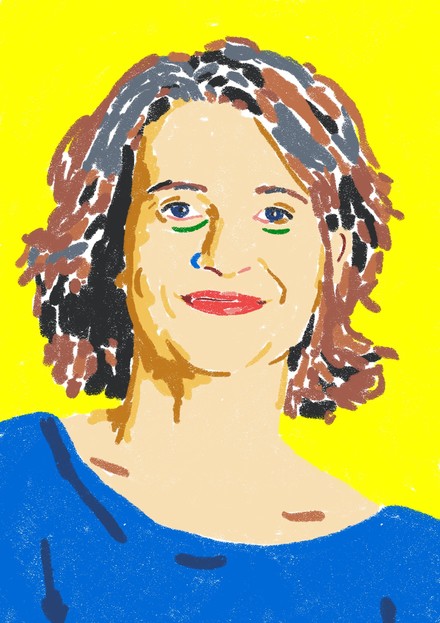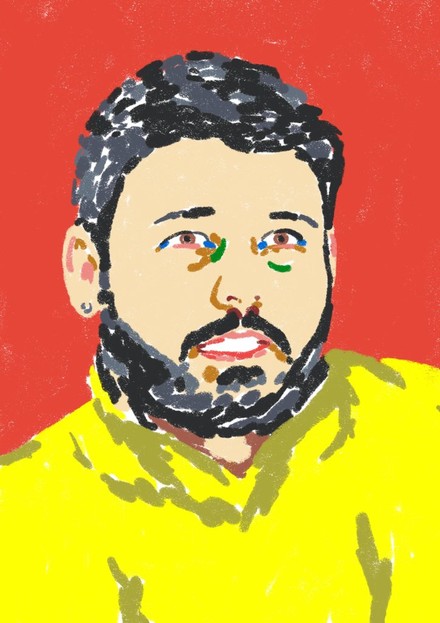Mauro A. Vargas Uría

Redefining masculinity
In much of the world, we've made big advances in women's rights and redefined rigid notions of femininity. And yet, violence against women continues at epidemic levels. Unpaid care work remains a "woman's issue" and pay equity is still largely out of reach. Why is patriarchy winning out? The short answer: many men have been missing in action. Recognizing this, Mauro decided it was time to redefine masculinity and challenge toxic machismo cultures in Mexico and Latin America. He founded Gendes to bring thousands of men along on a year-long transformative journey that helps them connect with their authentic self and become gender equality allies. Together, they grow their emotional intelligence, examine patterns of violence in their lives and become allies to feminist movements intent on combatting violence against women. They are building a gender equal world. As a result, their roles at home change, domestic violence is reduced and their overall life satisfaction increases. Gendes also brings their gender expertise to schools, government bodies and companies. Mauro is providing some of the key ingredients that were missing all along: alternative masculinities, allyship, and a shared sense of responsibility for all.
Impact
Directly worked with 18,000+ men, children and adolescents in "new masculinity" workshops that improve wellbeing and reduce gender violence.
Scaled Gendes' approach to 19 Mexican states and 6 countries across Latin America
Instituted first paternity leave, anti-harassment and gender equity policies at leading companies such as Uber and PwC in Mexico.
Helped reform Mexico’s anti-trafficking law to ensure aggressors and "bystanders," such as taxi drivers, hotel employees, and public officials, are held accountable if complicit in human rights violations.
Interesting fact from Mauro:
"It was a women's studies class at the Universidad Autónoma de México that put Mauro on this path. It opened his eyes to the impact of machismo in Mexican society as well as his own life. Upon finishing his studies, he was determined to build new norms around manhood, and policy reforms focused on gender equity."



